14 Common Myths About Great White Sharks Finally Busted
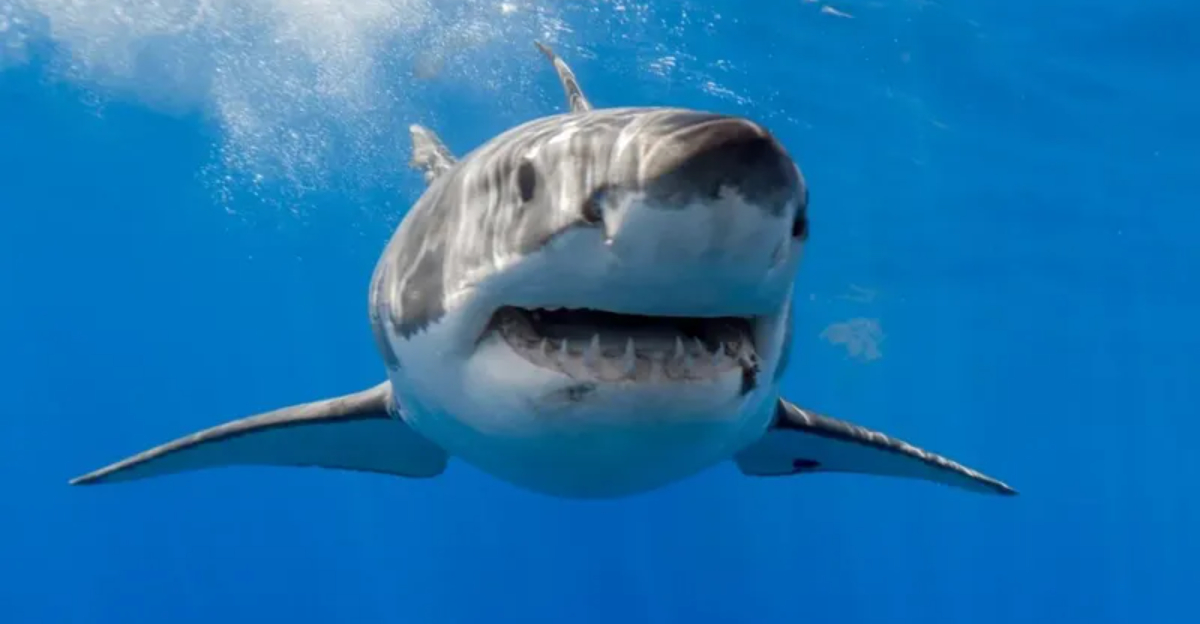
Great White Sharks are often misunderstood creatures, surrounded by myths and misconceptions. However, by examining the realities of their behavior and biology, we can distinguish fact from fiction.
Let’s address some common myths about these majestic predators to clarify the truth and foster a better understanding of their role in the ocean’s ecosystem.
1. Sharks Have Poor Vision
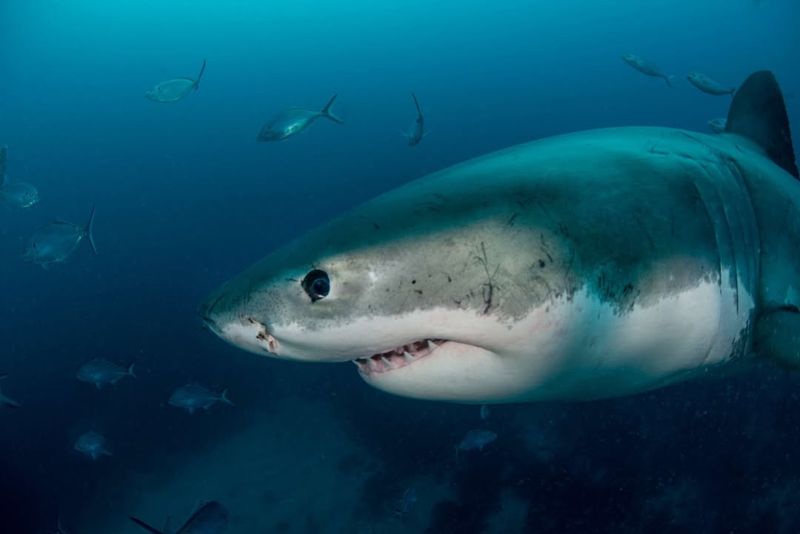
Contrary to popular belief, Great White Sharks do not have poor vision. In fact, their eyesight is quite remarkable and adapted for their marine environment.
These sharks possess specialized retinas that allow them to see well in dim light, similar to cats. This adaptation helps them hunt efficiently during dusk and dawn when many prey species are active.
In addition to their vision, Great White Sharks rely on other senses such as smell and hearing to locate prey, making them formidable hunters in the ocean. Their vision is not a limitation but rather an asset.
2. Sharks Eat People
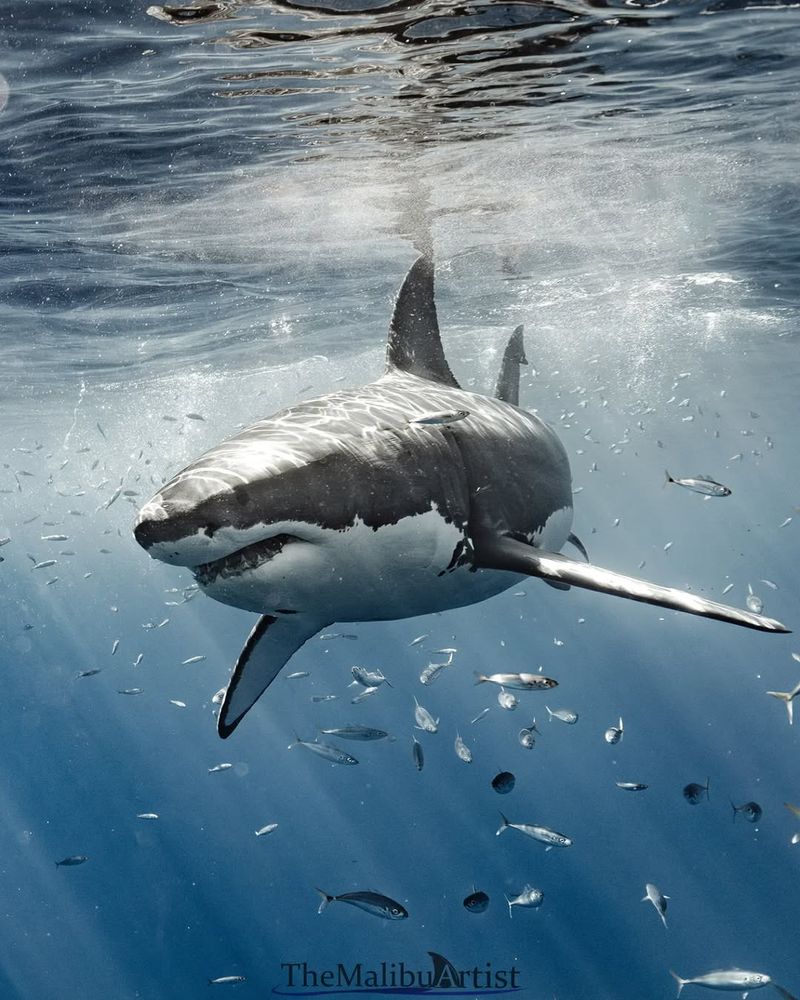
The belief that Great White Sharks deliberately hunt humans is largely exaggerated. These sharks do not have a preference for human flesh; most attacks are cases of mistaken identity.
When sharks bite humans, it is often a test bite, as they are trying to identify whether the person is a suitable prey. Upon realizing the mistake, they typically retreat. Sharks’ diets mainly consist of seals, fish, and marine mammals, not humans.
3. Sharks Are Mindless Predators
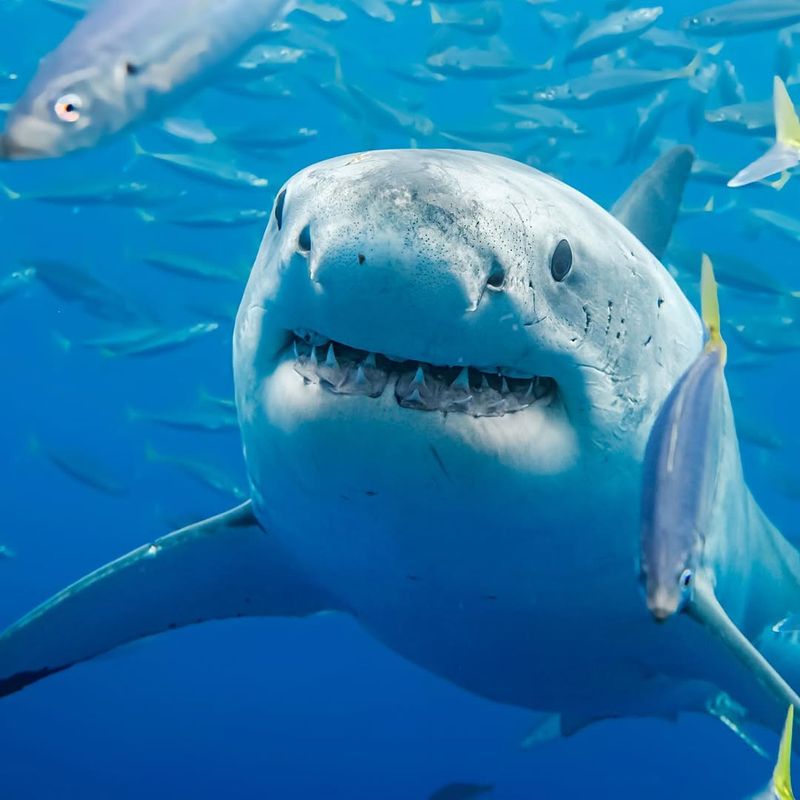
Great White Sharks are far from being mindless killers; they are intelligent and curious creatures. They display problem-solving skills and complex behaviors that suggest a level of intelligence not often acknowledged.
These sharks have been observed engaging in social behaviors and demonstrating curiosity around objects and other animals in their environment.
4. Sharks Have No Predators
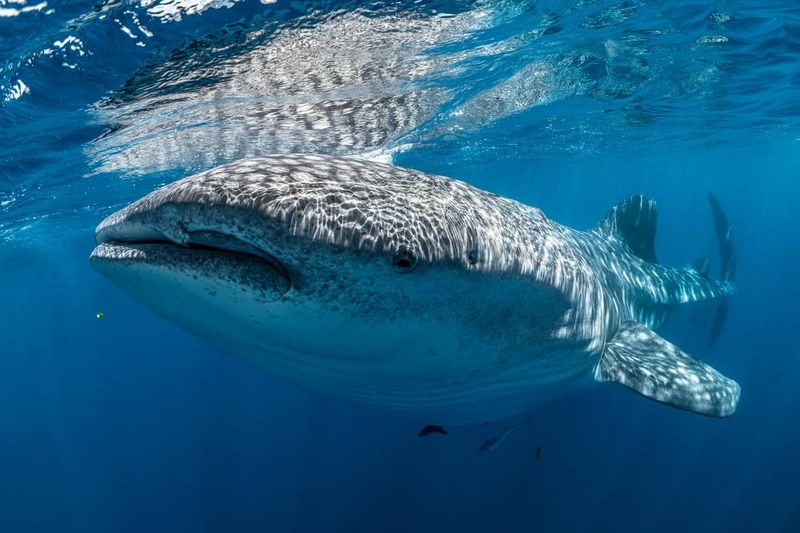
It is a misconception that Great White Sharks have no natural predators. While they are apex predators, they are not invincible.
Orcas, also known as killer whales, are known to prey on Great White Sharks. They employ sophisticated hunting techniques to successfully capture and kill sharks.
5. All Sharks Are Dangerous

Lumping all shark species together as dangerous is misleading. Great White Sharks are just one of many species, each with unique behaviors and risk levels.
While some species may pose a threat to humans, many are harmless and play crucial roles in oceanic ecosystems. Less than ten species are known to be dangerous to humans.
6. Sharks Don’t Get Cancer
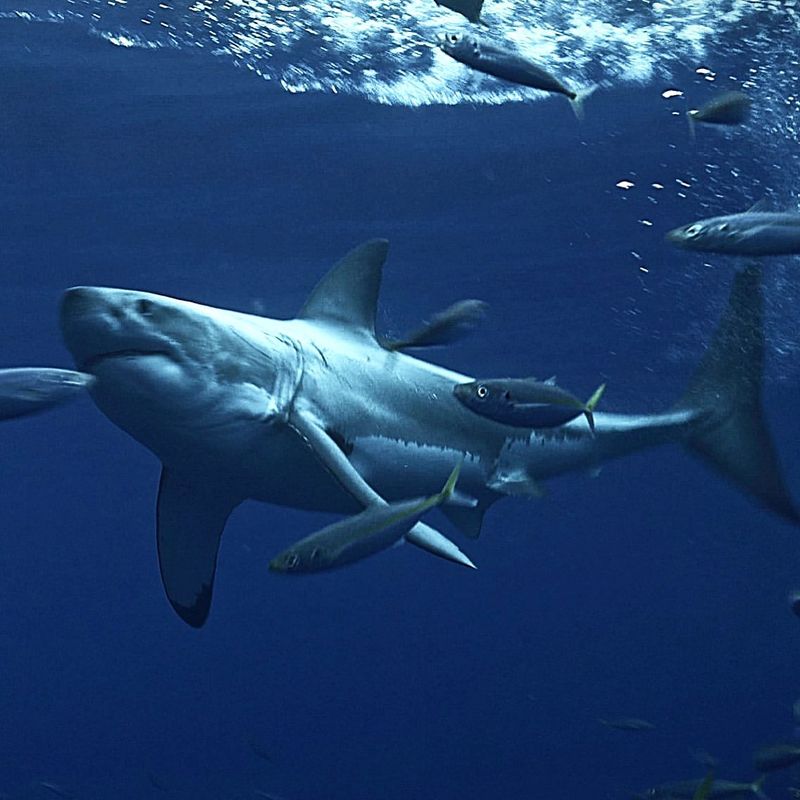
The notion that Great White Sharks are immune to cancer is unfounded. While they possess unique biological traits, they are not impervious to this disease.
Research has shown that sharks can develop cancerous tumors, disproving the myth of their immunity. Scientists study their DNA to understand cancer resistance better.
7. Sharks Are Loners
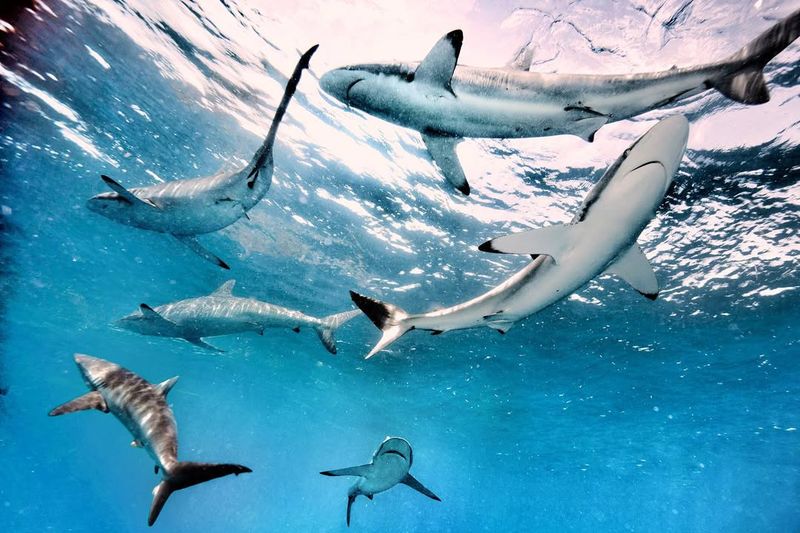
The idea that Great White Sharks are solitary creatures is not entirely accurate. While they often hunt alone, they also display social behaviors.
Researchers have observed these sharks interacting and forming hierarchies, particularly around feeding sites. They communicate and establish dominance among themselves.
8. Sharks Need To Keep Moving
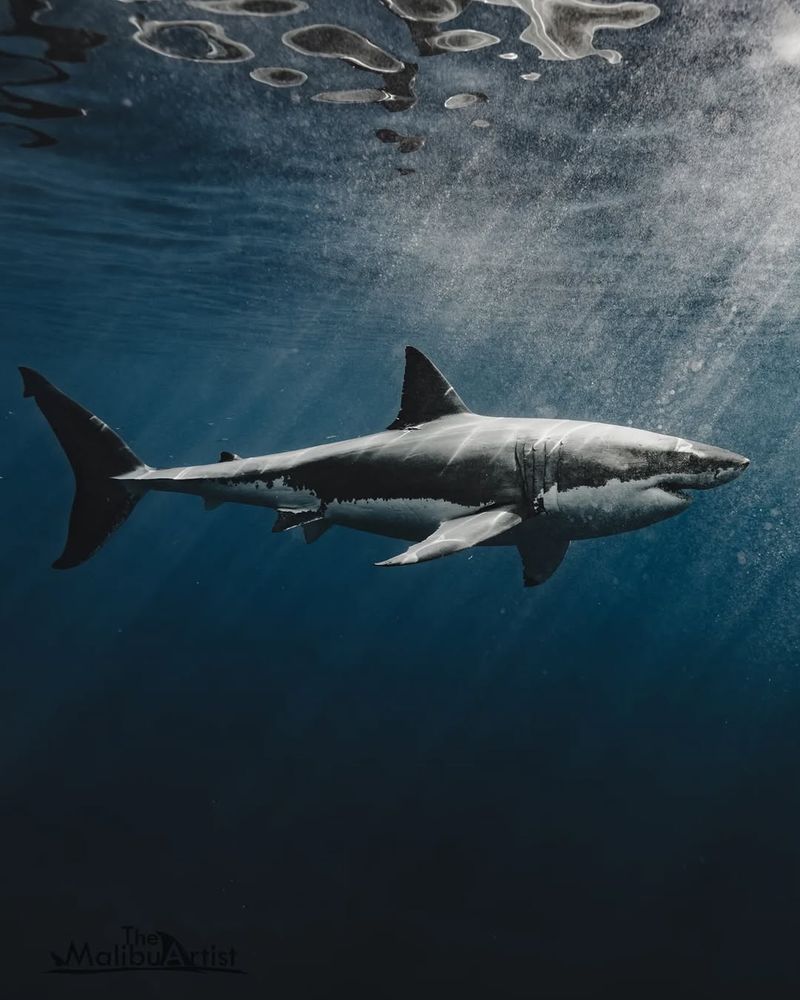
It is commonly thought that Great White Sharks must constantly swim to survive, but they can rest as well. While they do rely on movement to breathe, they have adapted to take breaks.
Some sharks use buccal pumping, allowing them to push water over their gills without moving. Great Whites, however, prefer swimming but can remain stationary for short periods.
9. Sharks Are Ancient And Unchanging
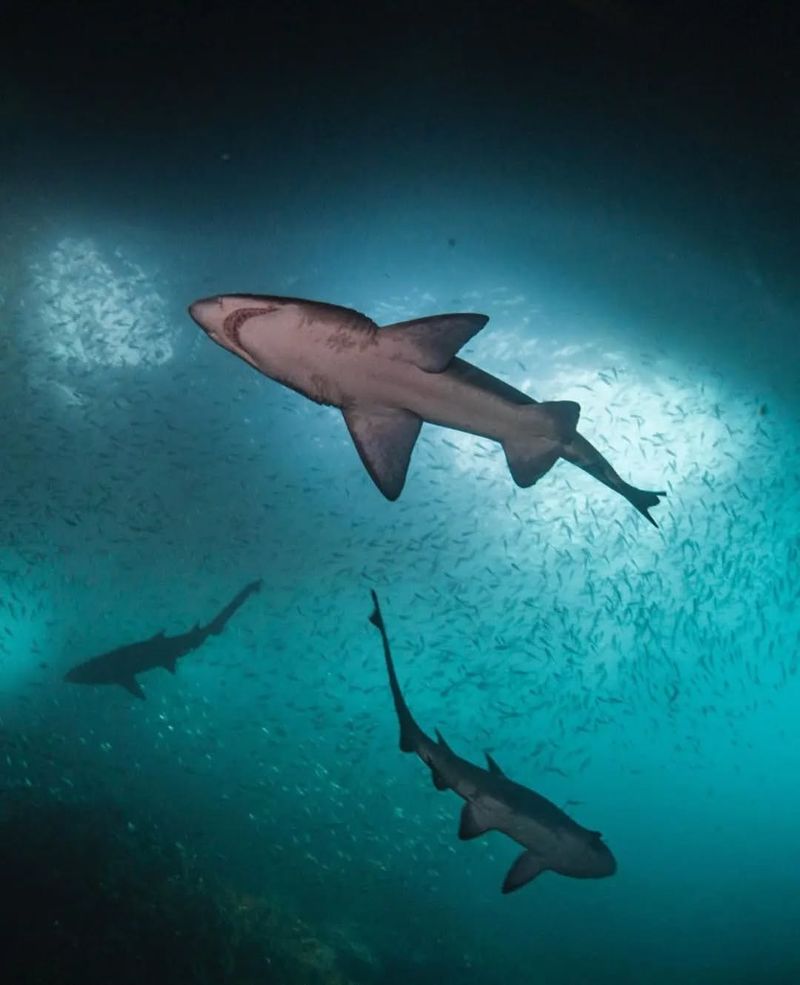
The perception of Great White Sharks as ancient and unchanging relics is misleading. While they have existed for millions of years, they continue to evolve.
These sharks have adapted to environmental changes, developing traits that ensure their survival in modern oceans. Their evolutionary journey is ongoing, influencing their behavior and physiology.
10. Sharks Have A Bad Memory
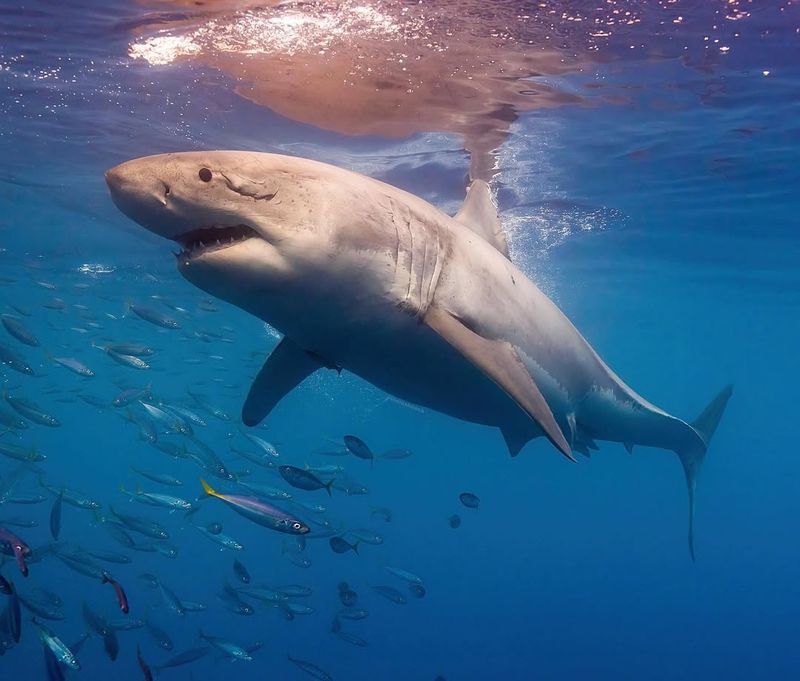
Great White Sharks are more intelligent than often credited, possessing notable memory capabilities. They can remember locations, prey movements, and respond to repeated stimuli.
Studies have shown that these sharks can learn from past experiences, adapting their hunting strategies to be more effective over time. This cognitive ability challenges the myth of sharks as primitive creatures.
11. Sharks Are Invincible
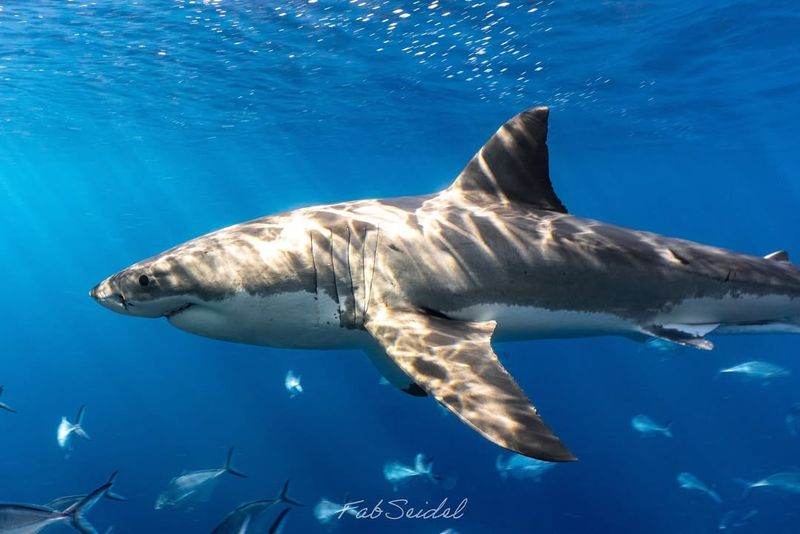
Despite their formidable reputation, Great White Sharks are not invincible. They face threats from both natural predators and human activities.
Injuries and scars on sharks tell stories of survival and struggle against other marine creatures. Human-induced challenges such as fishing and habitat destruction also impact their populations.
12. Sharks Are Everywhere
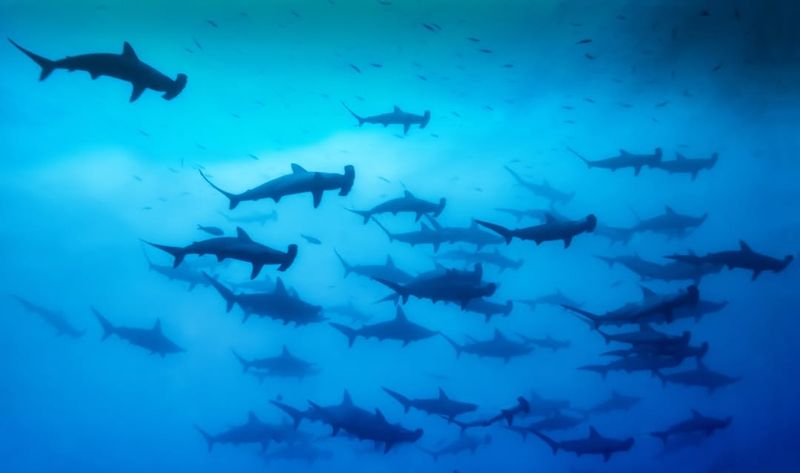
The notion that Great White Sharks are ubiquitous is incorrect. Their habitats are specific to certain regions, primarily coastal areas with abundant prey.
These sharks are often found in waters near South Africa, Australia, and California, where conditions support their hunting and reproductive needs.
13. Sharks Attack Without Warning
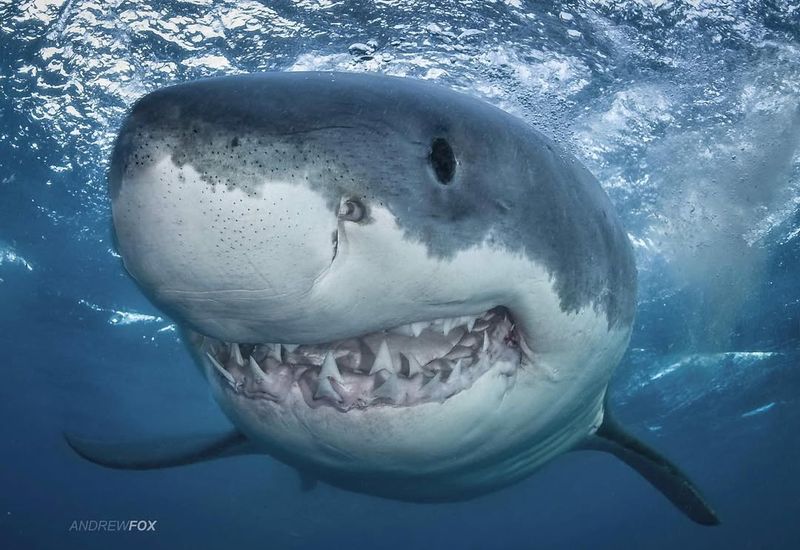
The belief that Great White Sharks attack without warning is a myth. They exhibit calculated and cautious behavior when hunting.
These predators often circle their prey and assess the situation before striking, ensuring the success of their hunt. Their approach is deliberate and strategic.
Acknowledging their sophisticated hunting techniques dispels the myth of randomness and instills respect for their capabilities.
14. Sharks Are Abundant
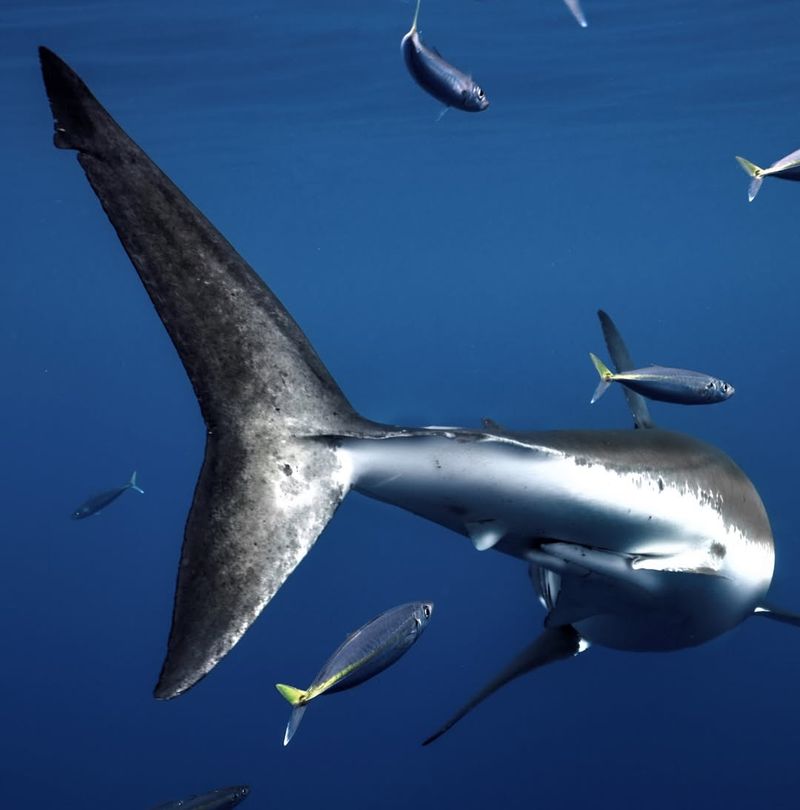
The notion that Great White Sharks are plentiful is misleading. Their populations are declining due to threats such as overfishing and habitat loss.
Conservation efforts are crucial to address the decline and ensure their survival. Protective measures and awareness campaigns can help mitigate human impact.






